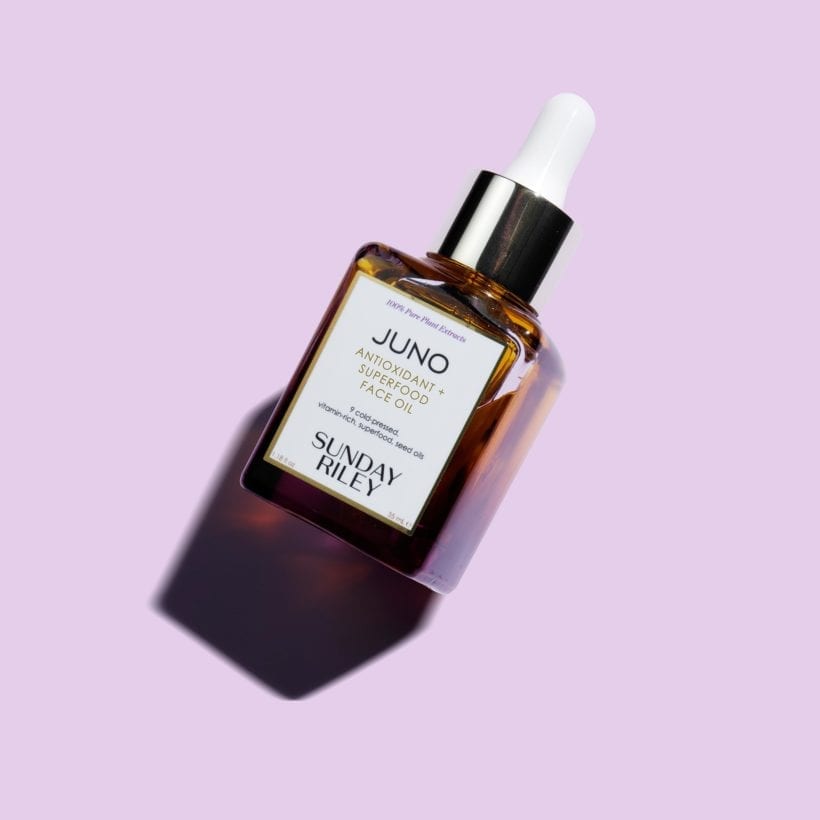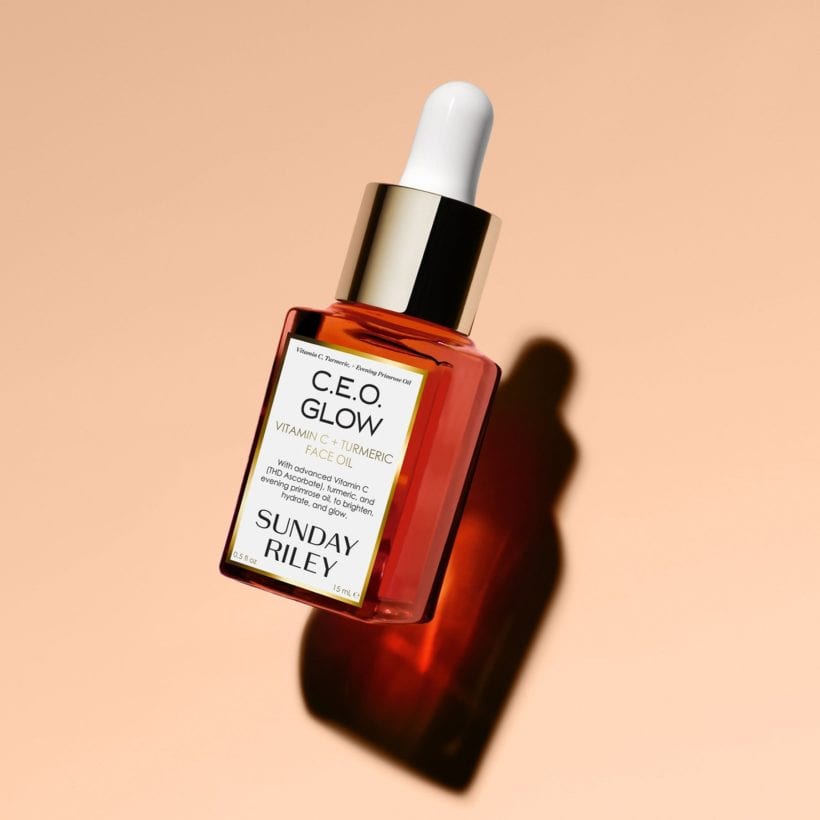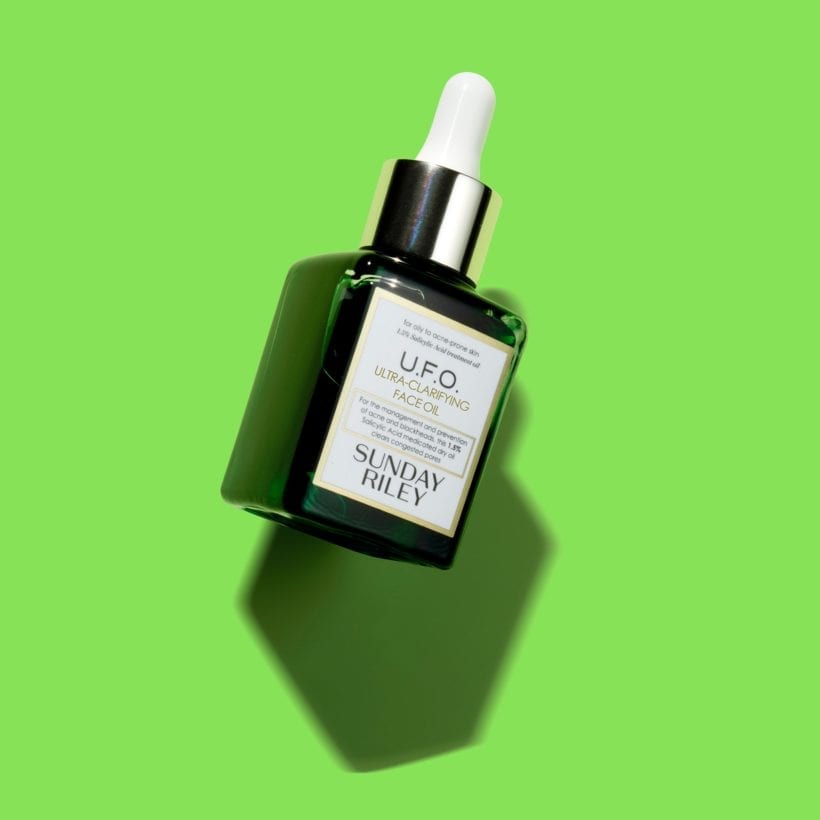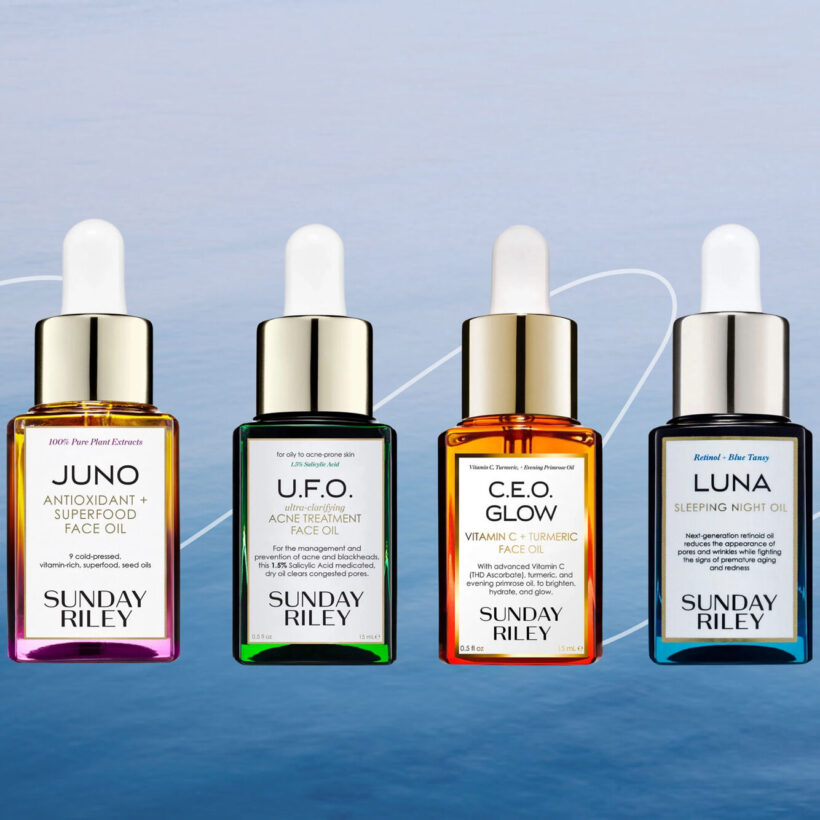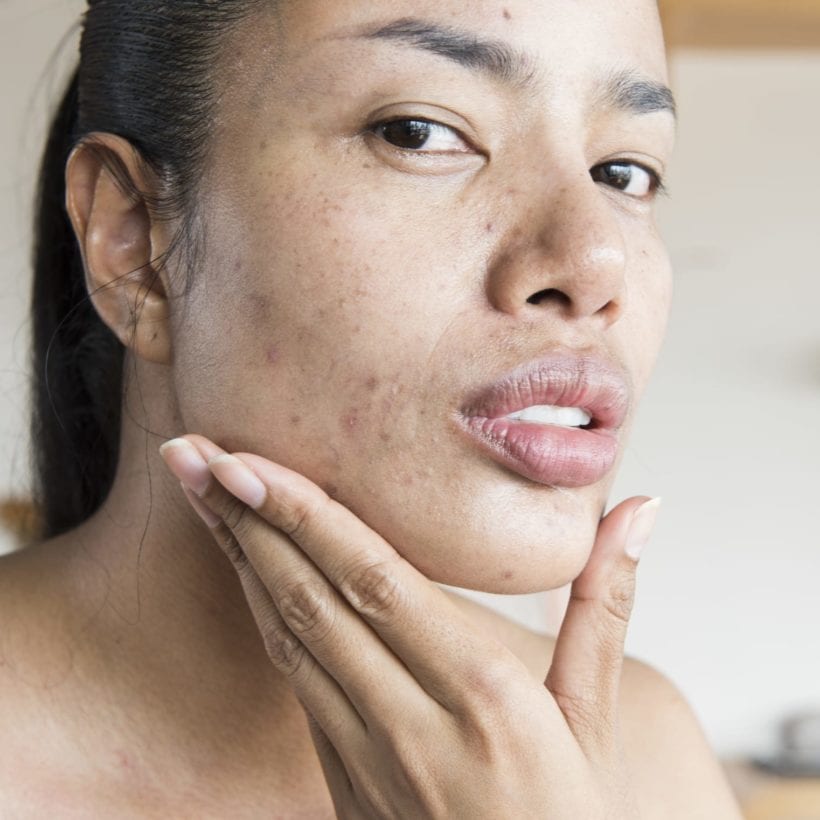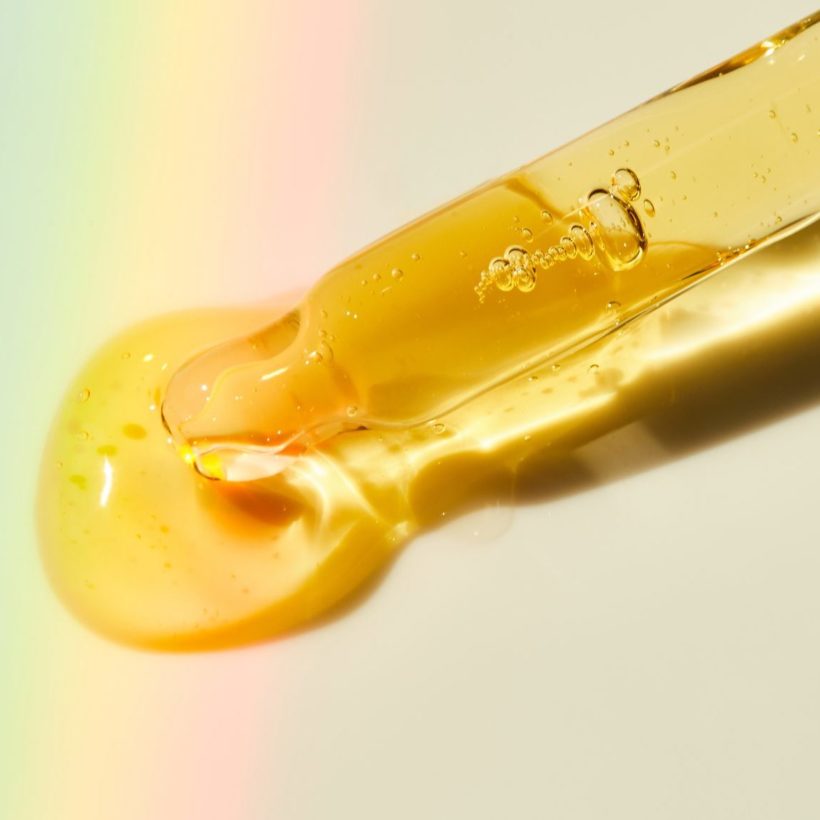Face oils are the topic of more debates than the average celebrity wedding — no surprise, as they’re one of the most polarizing skincare products on the shelf. While some people swear by them, others are warier, partially due to the (outdated) notion that they’ll make skin look, well, oily.
But face oils deserve a fair shot because they’re surprisingly potent formulas that can offer a lot to various skin types, whether dry, combination, or prone to acne. They can balance skin, for starters, and sub in as a powerful face moisturizer (though we believe you should use both for the best, glowiest results). Not entirely convinced? Then you’re in the right place. Read ahead to find expert-approved reasons to incorporate into your routine once and for all.
Meet the Experts
Marisa Garshick, M.D. is a board-certified dermatologist in New York City.
Krupa Koestline is a clean cosmetic chemist and founder of KKT Consultants.
Face oils are packed with nutrients
Not all oils are created equal. Plant-based face oils tend to be especially potent. “A facial oil is often derived from plants, especially nuts, seeds, and fruits, and can deliver antioxidant and nourishing benefits to the skin — while also helping to soften the skin and protect the skin barrier, helping to lock moisture in,” says Marisa Garshick, M.D.
In fact, these botanical oils are naturally brimming with active ingredients. “Oils can contain various fatty acids — including omegas 3, 6, and 9 — polyphenols, flavonoids, tannins, and lots of other beneficial bioactives,” says Krupa Koestline. “Something like rosehip seed oil or carrot seed oil, for example, contains a good amount of carotenoids, which are great antioxidants that prevent free radical damage and help preserve collagen.” Speaking of antioxidants, you can find a potent blend in Sunday Riley Juno Antioxidant + Superfood Face Oil, courtesy of a blend of carrot, blackberry, blueberry, and broccoli seed oils (among many others).
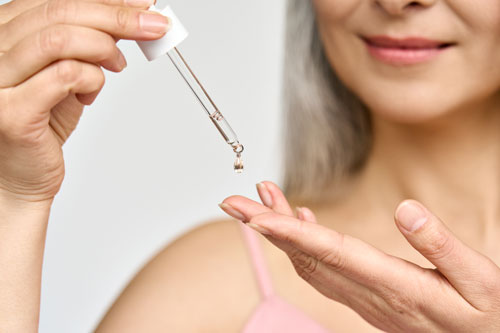
They work double-duty
What sets face oils apart from other skincare products is their innate composition: They serve as both emollients and occlusives, meaning they work to smooth skin and seal in moisture, respectively. That said, “depending on their lipid profile, or composition of different omega levels, some oils are better as one than the other,” Koestline says. “Castor oil, for example, is a great occlusive, while olive oil serves as more of an emollient.”
Because of this, they can offer more intense moisture where other formulations fall short. “Including face oil to your skincare routine is a great addition, especially if you struggle with dry or flaky skin and using a face moisturizer isn’t enough,” says Garshick. She recommends using it as the final step in your routine as a means of locking in moisture.
Face oils penetrate skin better
Fun fact: You know that lipid layer that serves as the first line of defense against external aggressors — as well as a barrier that prevents hydration within skin from evaporating, a phenomenon known as trans-epidermal water loss? It’s only really accepting of other lipids, because when it comes to chemistry, like attracts like.
As a result, “face oils penetrate better than a traditional, water-based serum owing to our skin’s physiology,” says Koestline. So those powerful nutrients they contain have a greater chance of absorbing into the skin versus those found within other skincare products and can supplement them in your routine. For instance, if you’re looking for brightening and firming perks, consider the Sunday Riley C.E.O. Glow Vitamin C and Turmeric Face Oil, which guarantees an extra boost of C in addition to a serum and moisturizer.
They help balance oily skin
One of the biggest myths in the skincare game: Oil makes oily skin worse, and can potentially clog pores. “Despite popular beliefs, oils are great for acne-prone skin,” says Koestline. “There have been no studies that link increased sebum production to topical oil application.”
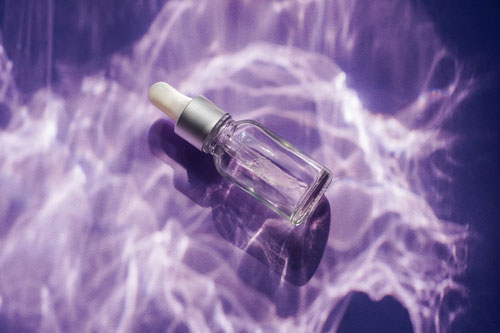
In fact, adding face oil to your routine if you have acne can be a good thing, depending on the type. “Linoleic acid — omega-6 — has been proven to be an effective treatment for acne,” she says. “Therefore, oils that contain a high amount of linoleic acid are perfect for acne-prone skin types.” You can also find face oils that have been enhanced with classic acne-fighting ingredients, such as the salicylic acid in the Sunday Riley UFO Ultra-Clarifying Acne Treatment Face Oil; cucumber and black cumin seed oils prevent any dryness.
They’re incredibly versatile
Depending on the oil you’re working with, they can offer a lot for all skin types. “Different face oils contain different properties that may make them more helpful for certain skincare concerns,” says Garshick. “For instance, marula oil is good for sensitive skin as it can help to reduce redness and inflammation.”
She also points to argan oil, a lightweight oil that doesn’t feel greasy and balances skin’s natural sebum production, as a great option for naturally oily skin, where rosehip seed oil is a winner for mature skin, thanks to its antioxidant-rich profile. Bottom line: There’s a face oil for everyone out there, which means there’s no reason not to include one in your daily routine.
We only recommend products we have independently researched, tested, and loved. If you purchase a product found through our links, Sunday Edit may earn an affiliate commission.

